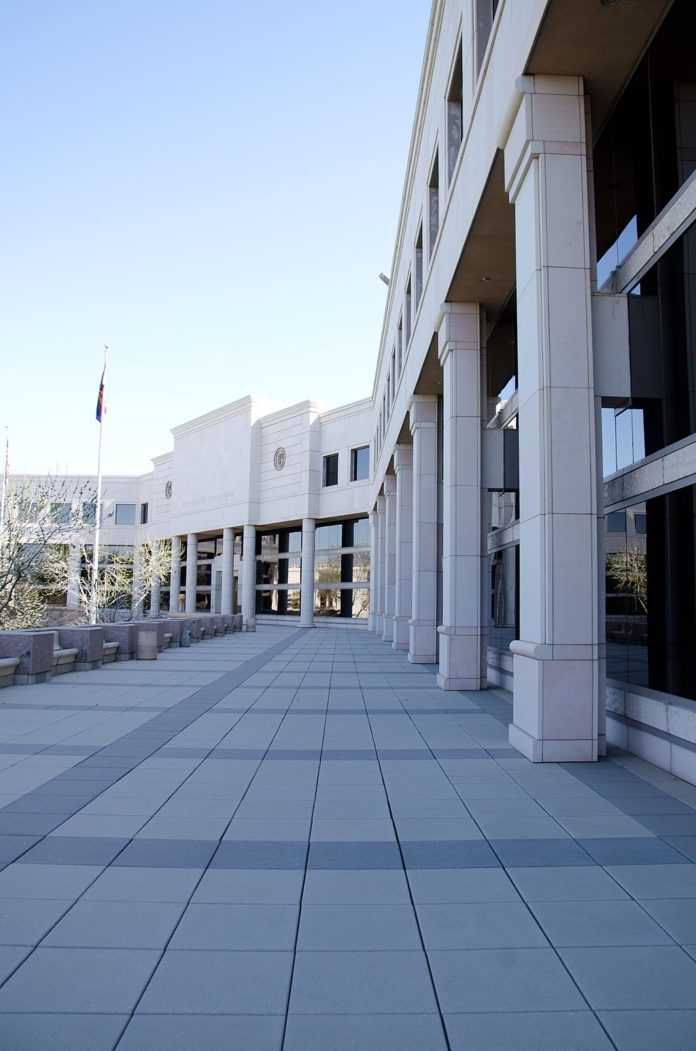
The Arizona Supreme Court ruled Tuesday that a state law that creates harsher sentences for people who threaten others only because they associate with or belong to a gang is unconstitutional.
The unanimous decision said the law violates the U.S. Constitution’s due process clause because it enhances criminal penalties even if gang membership is not involved in the underlying crime
That is guilt by association, which is forbidden by the Constitution, Justice John Lopez wrote.
The case involved a man charged with intimidating or threatening in two different cases — one where he allegedly threatened a store clerk and the second where he threatened a police officer called to his house after a dispute with his father.
Both cases would be misdemeanors, but because Christopher Arevalo told officers he was a gang member, he was charged with felonies, according to the decision. His attorney sought to have the charges dismissed and a Maricopa County judge agreed, saying the law was unconstitutional. The state Court of Appeals reinstated the charges, and Arevalo then appealed to the Supreme Court.
The Maricopa County Attorney’s Office argued that there is an increased risk of violence when a threat is made by a gang member, and there only needs to be a relationship between the gang status and the crime to use that membership to increase penalties. The high court disagreed.
“A non-gang member’s threat is indistinguishable from that of a gang member if the threat is not bolstered — or connected — by gang membership,” Lopez wrote. “The flaw in the State’s argument is that it sanctions what due process forbids — punishment based solely on associational status.”
Republished with the permission of the Associated Press.












